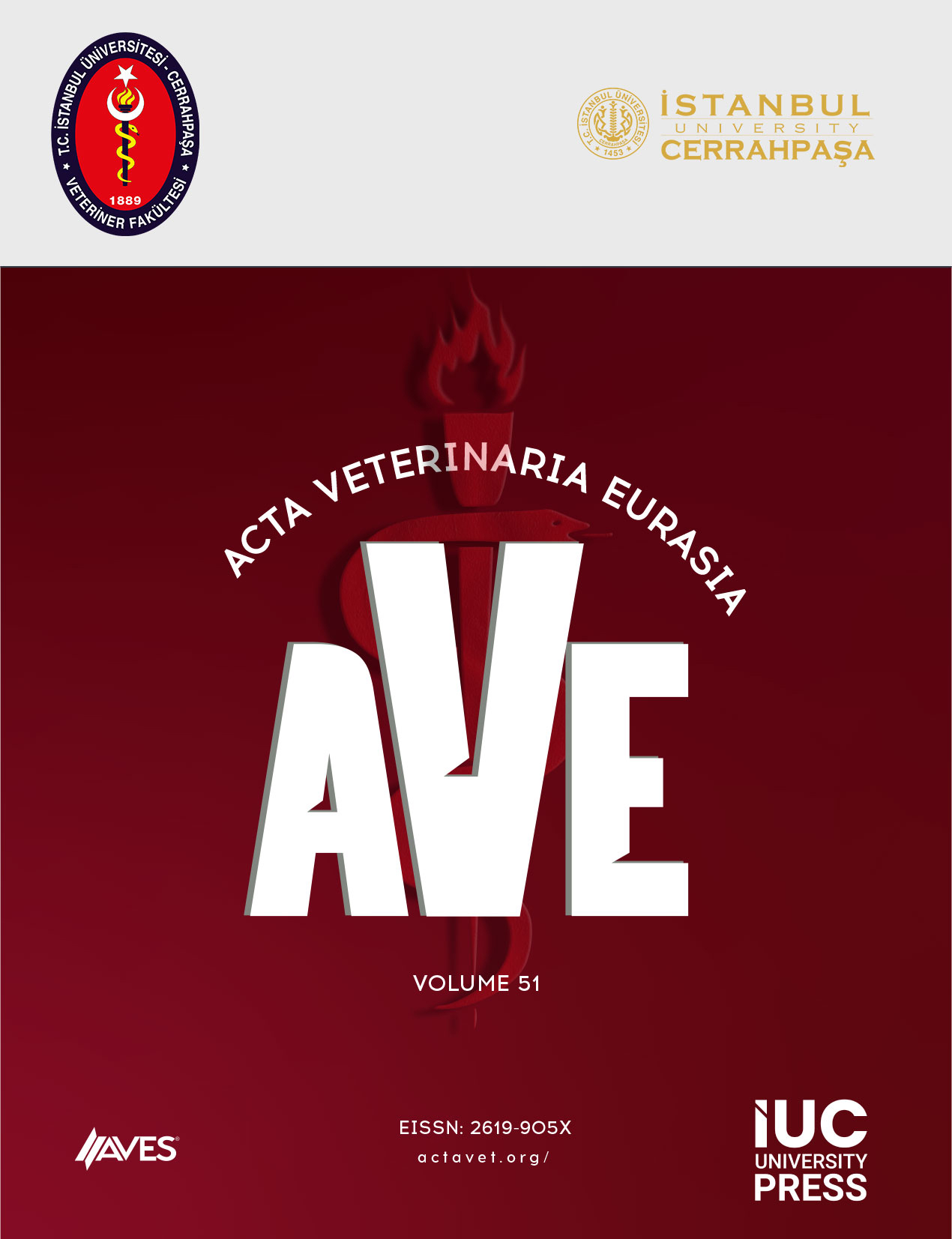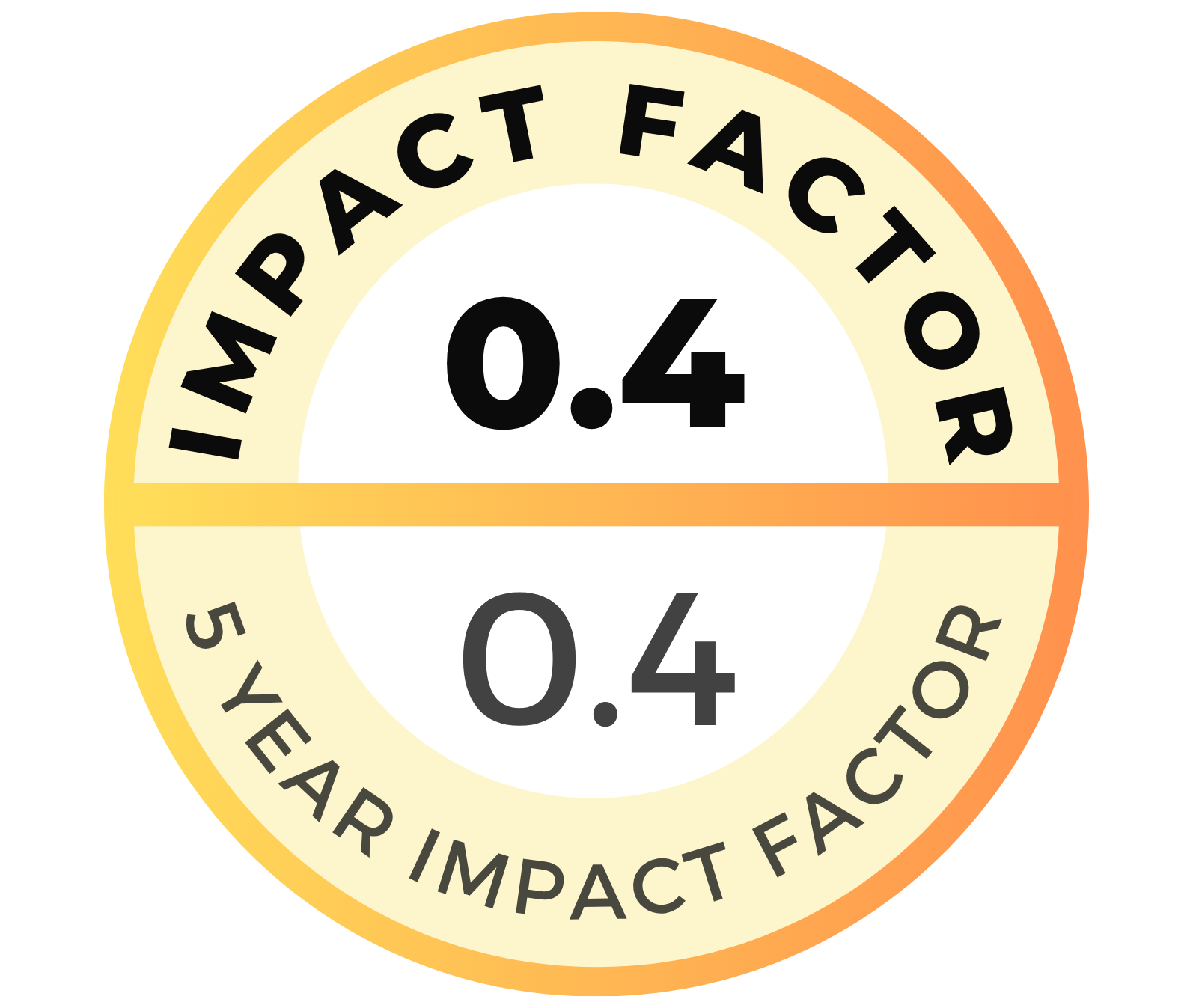Like antibiotics, extensive uncontrolled use of veterinary vaccines might be a threat to human health in occupational livestock production and subsequently in animal food product consumption. Although veterinary vaccines are necessary to control a large variety of infectious diseases in animals, risk assessment, rules, and regulations are highly justified for the sake of human health and safety. Indeed, during the last century, there have been significant changes in livestock production due to the increasing demand for animal products, and these changes have dramatically augmented the occupational exposure of humans to animals. To prevent risks of cross-reactions of veterinary vaccines in humans, strict guidelines are now followed, in every step of vaccine production and people are aware of the consequences. Besides this, systemic biology approaches are also being explored to determine host–pathogen relationships. This mini-review examines some of the scientific bases of this type of risk in the era of systemic medicine, as well as the efficacy or inadequacy of preventive regulations.
Cite this article as: Sohag, M. M. H., & Chebloune, Y. (2021). Impact of veterinary vaccines on human health and probable challenges. Acta Veterinaria Eurasia, 47, 197–200.





.png)